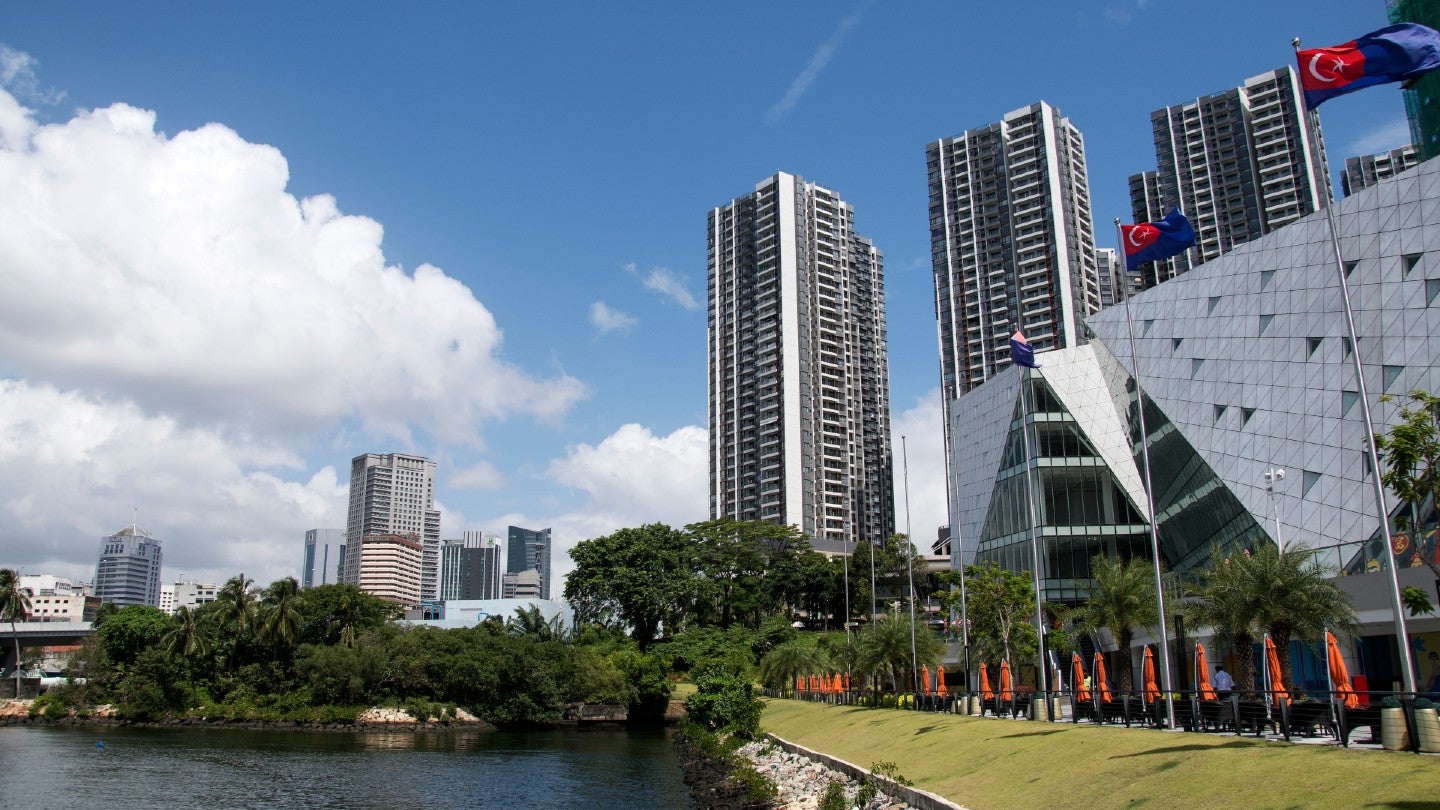
Malaysia and Singapore have strengthened their economic ties through a pledge to jointly develop the Johor-Singapore Special Economic Zone (JS-SEZ) and a recent Malaysian investment mission in the Southeast Asian city-state.
A press release published yesterday (11 January) by Singapore’s Ministry of Trade and Industry revealed that the governments in Kuala Lumpur and Singapore have signed a memorandum of understanding (MoU) to “strengthen the economic connectivity between Johor and Singapore”. The move involves creating a special economic zone (SEZ) in the southern Malaysian state of Johor, which, in 2022 alone, recorded MYR70.6bn ($15.2bn) worth of investments.
“The JS-SEZ presents an unprecedented opportunity to enhance the cross-border flow of goods and people, bolster the business ecosystem, and elevate the economic attractiveness of both Johor and Singapore,” said Malaysia’s Minister of Economy Mohd Rafizi Ramli. “I have full confidence that this initiative will herald the commencement of a transformative chapter in our bilateral economic relations, fostering unparalleled connectivity and prosperity for both our great nations.”
In a separate move, the Malaysian trade ministry said on Friday that a recent investment mission to Singapore yielded MYR2.8bn in foreign direct investment (FDI) involving two companies. The investments come from digital infrastructure company Equinix and another company specialising in food manufacturing, which Malaysian officials didn’t name, according to Reuters.
News about the economic exchange between the two countries comes against the backdrop of growing FDI in the region. According to the Inward FDI Performance Index carried out by Investment Monitor – which looks at the share of inward greenfield FDI compared to what could be expected when looking at a country’s GDP, with 1 representing the level that could be expected – Singapore scored 4.28, while Malaysia came behind with 3.39. Thus, the countries can be said to be overperforming by factors of over four and three, respectively.
Speaking about the SEZ, Singapore’s Minister for Trade and Industry Gan Kim Yong added: “The JS-SEZ underscores what Singapore and Malaysia can achieve when our governments and business communities work closely together. It will serve as a bridge for both sides to tap into each other’s complementary strengths and seize opportunities to grow together. I look forward to the JS-SEZ Agreement and the benefits for our businesses and people.”



